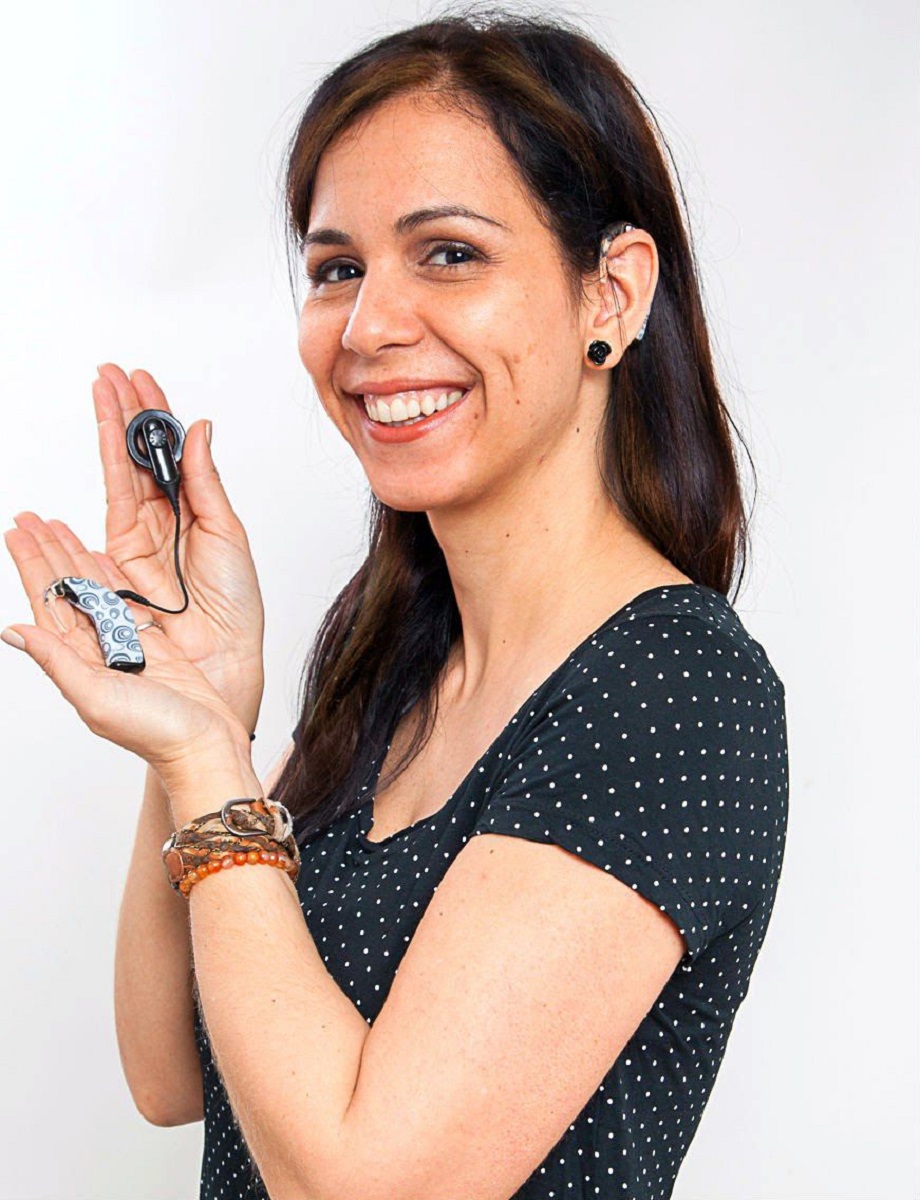When envisioning a person with hearing loss, it’s common for the derogatory stereotype of a “deaf-mute” to come to mind – someone who doesn’t speak due to their inability to hear. This generalization, though far from accurate, has persisted for years, overshadowing the existence of deaf individuals who engage in oral communication. In reality, there are those within the deaf community who, despite their hearing loss, actively use spoken language to express themselves.
Deaf individuals who speak, often referred to as “oralists” or “oral deaf,” navigate a multifaceted reality. Many of them have experienced hearing impairment since birth or lost their hearing at an early age. Through intense speech therapy and, in some cases, the support of auditory devices like hearing aids or cochlear implants, they have embraced spoken language as their primary mode of communication.
Despite their ability to communicate orally, oralists often face unique challenges. Many people assume that all individuals with hearing loss use sign language, perpetuating a lack of awareness about their existence. As a result, oralists might encounter misjudgments and dismissals of their hearing impairment. These misconceptions can lead to frustration and feelings of invisibility.
In the realm of education, oralists have distinct experiences. While some may attend mainstream schools, others opt for specialized programs that prioritize speech and auditory skills. Access to appropriate support services, such as interpreters or note-takers, becomes crucial in ensuring that oralists have equal educational opportunities.
In the end, the world of deaf individuals who speak serves as a reminder that communication is a vast and nuanced landscape. It’s a testament to the human spirit’s adaptability, resilience, and determination to find a voice, regardless of the medium. By acknowledging the diverse ways in which individuals navigate the challenges of hearing impairment, we take a step toward a more inclusive and empathetic society.
As my friend Alice Inácio from Portugal aptly puts it: “Oralized Deaf – We Exist, We Speak.”
Blogger, writer, and communicator, Lak Lobato narrates her life experience as an oralized deaf individual and, since 2009, as a cochlear implant user. She employs her sensitivity brimming with poetry to discuss the (re)discovered sounds and aid in the advocacy of auditory technology users. Following the release of her first book, “Sorry, I Didn’t Hear!”

